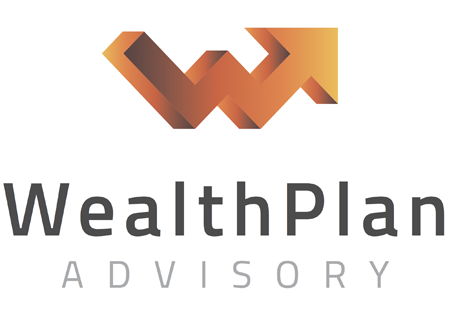Everyone wants a tax refund so what you do in the next couple of weeks will affect the tax you will pay and any possibility of receiving a tax refund.
Here’s what you need to do to get tax time ready:
- Collate all your income records. This includes the amount of money you received from your employer or sales (if you are self-employed), super or pension.
- Ensure you have all your bank statements ready to show the interest income earned and the charges paid.
- Collect all dividend and distribution records if you have shares.
- Gather together all records of investments purchased or sold to calculate any capital gains or losses.
- If you have investment properties, organise your rental income statements and any expenses incurred (including interest paid on the loan).
- You will also need your private health insurance policy details.
- If you earn income overseas or participate in the shared economy e.g. Uber or Airbnb, you will need to report any income earned throughout the past financial year.
Working out your deductions – this is where we can help you.
If you are self-employed or an employee, there may be a number of expenses you can claim as a tax deduction.
For owners of investment properties, you can claim expenses such as:
- Agent fees and charges
- Maintenance and repairs
- Insurance
- Rates and strata fees
- Pest control
- Advertising for new tenants etc.
Don’t forget to check your super contributions
If you won’t reach your concessional contributions cap of $25,000 (which includes your employer’s contributions and any salary sacrifice amounts), consider topping up the shortfall. Personal contributions can be claimed as a tax deduction.
But don’t wait until the last minute to make this payment as processing times can vary and may fall into next financial year.
If you earn less than $52,697, take advantage of the government’s co-contribution. It follows a sliding scale depending on your annual income, with the government contributing additional funds to your super policy if you qualify as a low income earner.
Insurance and your super account
From 1 July, your super fund is entitled to cancel your life insurance policy if you fail to make any contributions in the previous 16 months. If you wish to maintain your super insurance cover, you will need to ensure your account remains active. We can help you work out what to do so give us a call.
Whether it’s preparing your tax return and BAS or guiding you through your investment options, we are here to help you.
For straight-forward, practical accounting, taxation and financial advice
contact our knowledgeable team at SVA and WPA by calling 02 8850 0388.



